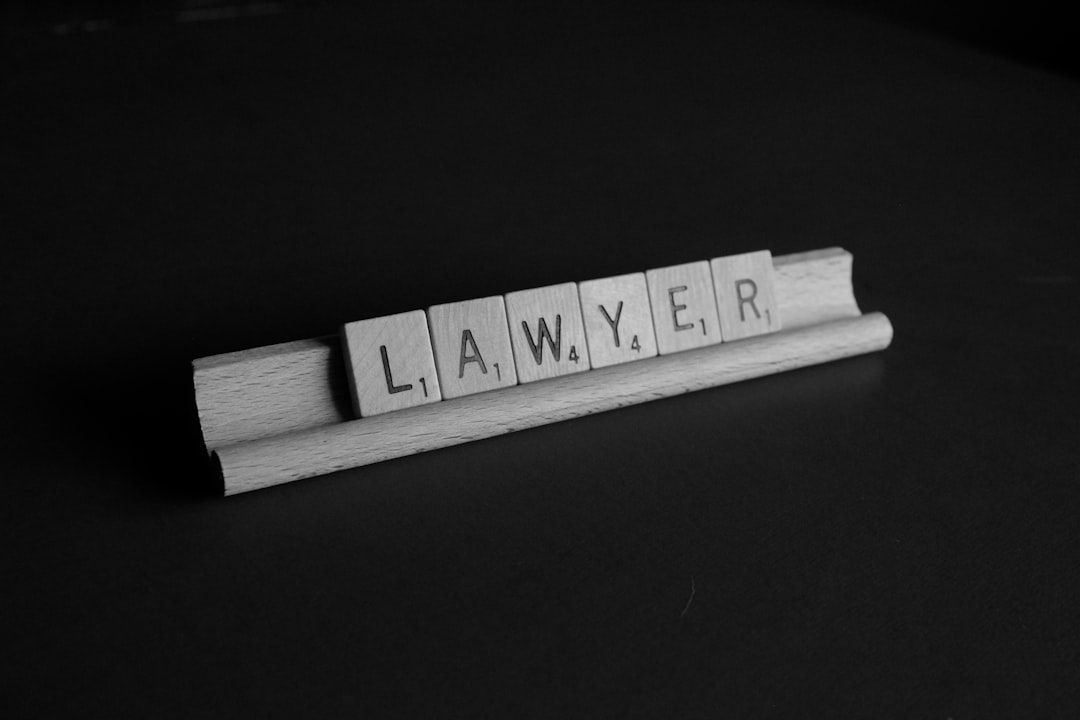In Delaware, including Big Stone Beach, Do Not Call laws protect residents from unwanted telemarketing calls. These laws are part of a broader effort to safeguard consumer privacy and empower individuals to control their communication preferences. A Do Not Call lawyer in Delaware can explain these regulations, ensure business compliance, guide you on filing complaints for violated rights, and inform about penalties for non-compliance. Despite registrations, unsolicited calls may still arrive; documenting incidents and consulting a Delaware lawyer is crucial for legal guidance under the Telephone Consumer Protection Act (TCPA). Staying current with evolving Do Not Call laws is essential to protect consumer rights and avoid legal issues.
“Navigating the complex landscape of privacy laws can be a challenging task, especially in popular tourist destinations like Big Stone Beach, Delaware. This article delves into Delaware’s strict ‘Do Not Call’ regulations and their implications. Understanding these laws is crucial for both businesses and residents to avoid unwanted telemarketing calls. We’ll explore key aspects, including legal perspectives, impact on local communities, and important exclusions. If you’re a Do Not Call lawyer in Delaware or simply a resident, this guide offers essential insights into your rights and how to enforce them.”
Understanding Do Not Call Laws in Delaware: A Legal Perspective

In Delaware, Do Not Call laws are designed to protect residents from unwanted telemarketing calls and sales pitches. These regulations are part of a broader effort to safeguard consumer privacy and empower individuals to control their communication preferences. A Do Not Call lawyer in Delaware can help explain these laws and ensure businesses comply with them.
If you register your number on the state’s Do Not Call list, it becomes illegal for most telemarketers to contact you directly. This includes not just phone calls but also text messages and emails from unknown senders. There are exceptions, such as calls from non-profit organizations or certain government agencies, but these are clearly defined by law. A legal expert specializing in Do Not Call laws can guide you on how to file a complaint if your rights are violated and help you understand the penalties for non-compliance.
The Impact on Businesses and Residents Along Big Stone Beach

The implementation of “Do Not Call” laws in Delaware’s Big Stone Beach has had a significant effect on both local businesses and residents, leading to a shift in communication strategies. For businesses operating in this area, particularly those relying on direct sales or telemarketing as part of their marketing efforts, the restrictions have presented challenges. Many companies now need to adapt their approaches, focusing more on digital marketing and online advertising to reach potential customers. This change has encouraged innovation among local enterprises, fostering a more diverse business landscape.
Meanwhile, residents living in Big Stone Beach have noticed changes in their daily interactions. With restricted cold-calling, they may be less likely to receive unwanted sales pitches, providing a sense of peace and reducing potential nuisance calls. However, it’s also important for residents to stay informed about legitimate business communications, ensuring they can still connect with essential services and local businesses when needed. A Do Not Call lawyer in Delaware can offer guidance on navigating these regulations to protect both business interests and individual privacy.
Key Exclusions and Exemptions You Should Be Aware Of

When it comes to understanding the Do Not Call Laws in Delaware’s Big Stone Beach, it’s crucial to be aware of certain key exclusions and exemptions. Despite the state’s efforts to protect residents from unwanted telemarketing calls, there are several instances where these laws do not apply. For instance, non-commercial calls from political organizations or candidates are exempt, as are calls made with the prior written consent of the recipient. Additionally, messages left by attorneys or law firms offering legal services are also excluded from the restrictions.
Another important exemption to note is for calls related to charitable purposes. Charities and non-profit organizations can contact Delaware residents without being subject to the Do Not Call Laws as long as they comply with specific guidelines. This includes providing a way for individuals to opt-out of future calls if they so choose. Understanding these exemptions is vital, especially if you’re considering hiring a Do Not Call Lawyer Delaware to ensure your rights are protected.
Enforcing Your Rights: What to Do If You're Still Being Called

If, despite registering your number on the Do Not Call list, you continue to receive unwanted calls from telemarketers in Delaware’s Big Stone Beach, it’s important to know your rights and options. The first step is to document every incident by noting the caller’s information, including the company name and phone number, if possible. You can then contact a Do Not Call Lawyer Delaware for legal advice on how to proceed. They can help you understand your rights under the Telephone Consumer Protection Act (TCPA) and take appropriate action.
This might include sending a cease-and-desist letter to the offending company or filing a complaint with the Federal Trade Commission (FTC). If the calls persist, a Do Not Call Lawyer Delaware can represent you in taking legal action against the telemarketer, potentially securing financial compensation for your harassment.
Staying Informed: Future Changes and Updates in Delaware's Do Not Call Laws

Staying up-to-date with local laws, especially those regarding privacy and consumer protection, is vital for any resident or visitor to Delaware’s Big Stone Beach. While the state’s Do Not Call Laws offer significant benefits in curbing unwanted telemarketing calls, these regulations can evolve over time. A recent trend across many states, including Delaware, has seen an increase in litigation against both businesses and individuals who violate do-not-call restrictions. As such, it’s crucial for beachgoers to remain vigilant and informed about any changes or updates to these laws.
For those seeking detailed guidance on navigating Delaware’s Do Not Call Laws, consulting a local Do Not Call Lawyer Delaware is an excellent step. These legal professionals can provide insights into the latest regulations, offer advice on how to protect one’s rights as a consumer, and assist in taking appropriate action against potential violations. By staying informed and proactive, beachgoers can ensure they remain compliant with Delaware’s privacy laws, fostering a peaceful and respectful environment for all.






